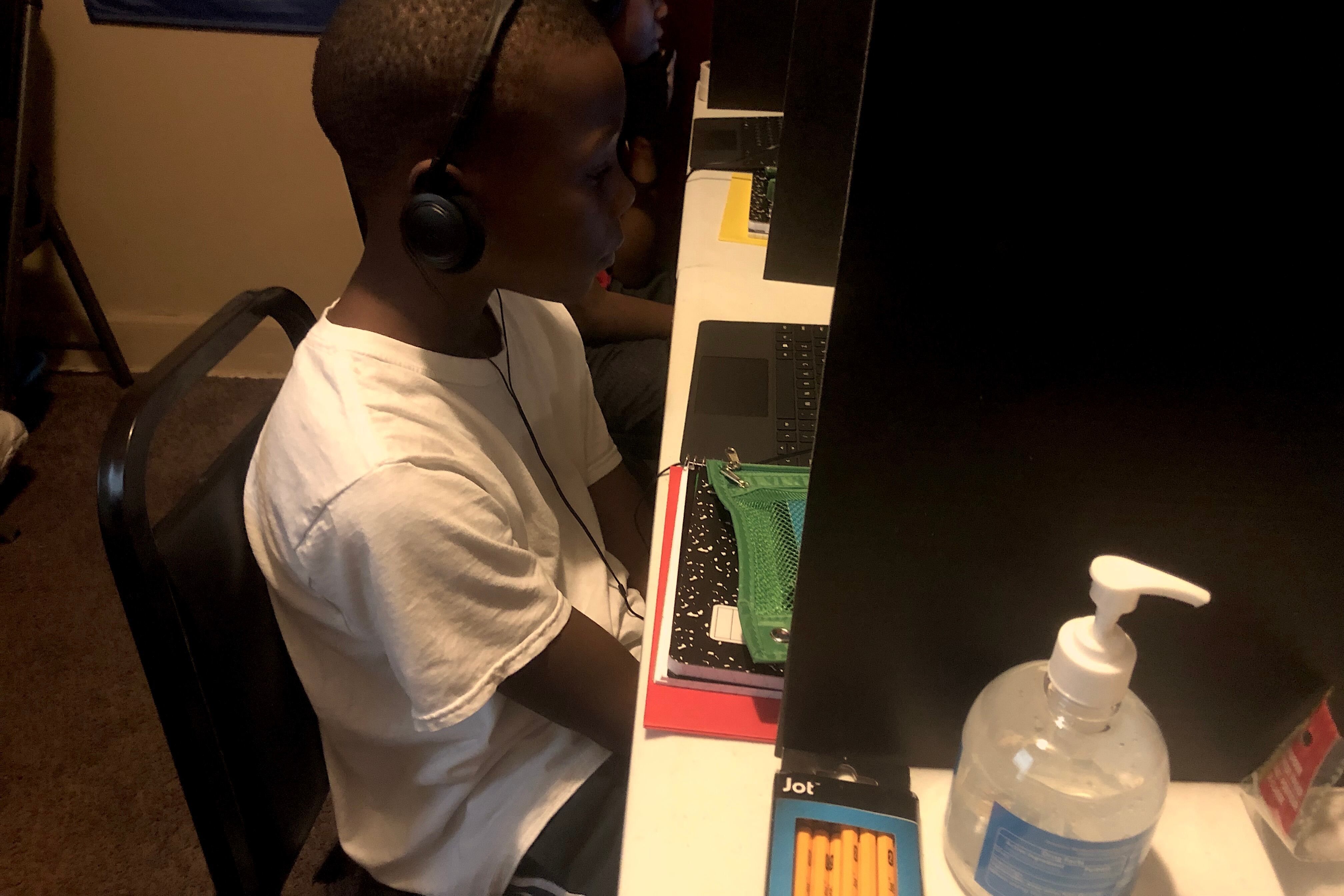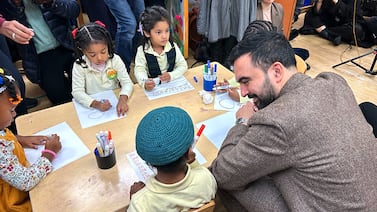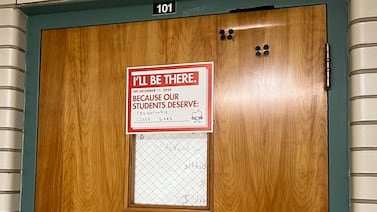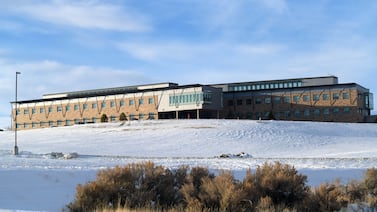Thanks to its experience and investments since last spring, Indianapolis Public Schools is expected to have a relatively smooth transition to remote learning this month, Superintendent Aleesia Johnson said Friday.
“We don’t necessarily have all of those first-time bugs to work out,” Johnson said. Having gone through two stretches of virtual learning, she said, teachers have experience with remote learning, have built relationships with their students, and have knowledge of what to expect in running virtual classes.
During remote learning, Johnson said, the district will once again offer critical services, like supervised student support network sites at the YMCA, Boys and Girls Club, and AYS, Inc. The district will also bring back learning hubs for students who are homeless and need a safe place to learn. The school district, which serves a majority of economically disadvantaged students, will also again distribute meals to students who need them.
On Thursday, Indianapolis Mayor Joe Hogsett ordered all Indianapolis schools to close from at least Nov. 30 through Jan. 15 because of rising numbers of COVID cases. The city has a seven-day test positivity rate of 10.3%, one of the key metrics used to judge public health.
Sharply rising rates among elementary, middle, and high school students caused city officials to rethink their prior threshold for school closures.
Johnson said she chose a start date two weeks out so that families could plan care for children who will be learning from home.
The district is better prepared for distance learning because of its experience, planning, and investments, Johnson said. In some ways, IPS has come a long way.
After schools closed nationwide in mid-March, IPS elementary and middle school students did their schoolwork at home on paper. As many as 40% of students did not have dependable internet access. But by August, IPS had spent $16.5 million for Chromebooks and iPads for all students and wireless hotspots for those who didn’t have reliable internet access.
Johnson said by the beginning of the school year, every student had a technology device.
Wary of the COVID virus spreading, IPS was one of the few public school districts in Marion County to start the school year remotely. It began bringing students back to campuses in October.
Johnson said the growing need to quarantine students and staff who have been exposed to someone with the COVID virus has strained the district and hampered learning.
Still, she said it was worth it for students to go back to in-person learning last month.
“Every day that we can have with them is a win,” Johnson said. “That was one of our guiding principles.”
Ronald Swann, the president of the Indianapolis Education Association, said in a press release that the union is happy with a decision that will help keep students and staff safe.
He acknowledged that the district will have a learning curve in returning to full remote learning. And, he said, “we ask for patience and grace as we embark on this journey for students and staff.”






